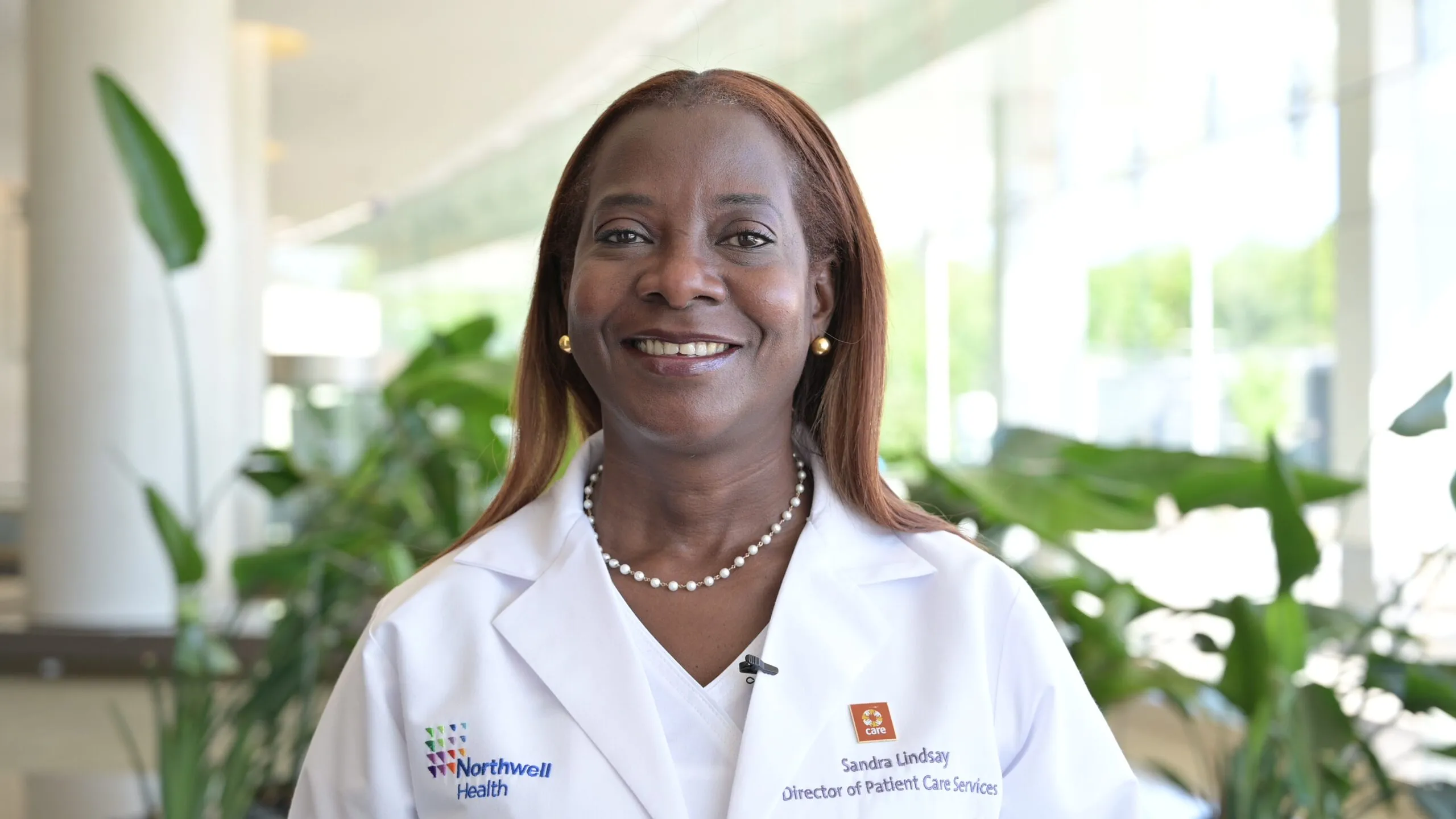On December 14, 2020, Sandra Lindsay rolled up her sleeve and became the first person in the United States to receive the COVID-19 vaccine. Since then, Lindsay, a critical care nurse at Northwell Health in New York, has been a vocal advocate for vaccine education and acceptance to help fight the virus.
On the eve of Juneteenth 2021, six months after receiving her vaccine, CARE spoke with Lindsay about vaccine equity, the disproportionate impact the pandemic has had on communities of color, and why she felt a responsibility to get vaccinated when she did.
“I wanted to instill public confidence that the vaccine is safe and effective, particularly among the black and brown communities that have been mistrustful of government and of science,” Lindsay said.
While COVID-19 affects everyone, certain communities are disproportionately experiencing its impacts. Women and people of color, particularly black and indigenous women, face a greater risk of exposure to infection and greater vulnerability to the harmful health, social and economic impacts of COVID-19. Black, Indigenous, and people of color (BIPOC) also represent 40% of essential workers in the U.S., yet comprise only about 23% of the national population.
As one of those essential workers serving her community, Lindsay knew how important it was to get the vaccine when she had the chance. “The pandemic has shown how important it is for people to see us — the care workers — as professionals taking good care of each other and ourselves and that includes getting vaccinated.”

